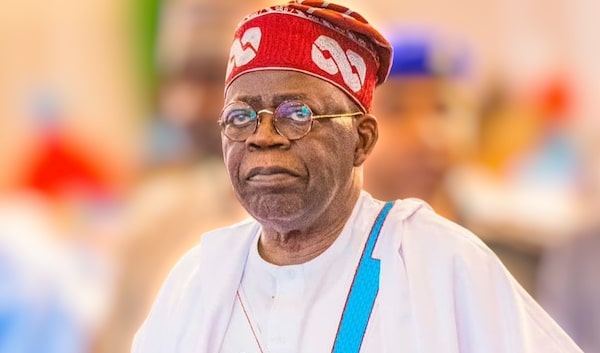Nigeria’s growth rate has decelerated to 2.51 percent in the second quarter of 2023, a drop compared to last year. The sluggish performance of sectors responsible for job creation has amplified pressure on President Bola Tinubu to instigate economic reforms.
Marking the 11th consecutive quarter of growth, this economic data release is significant, coinciding with Tinubu’s endeavors to revitalize output, which has remained lackluster for an extended period.
However, the growth rate in Q2 2023 is higher than the 2.31 percent recorded in the previous quarter when an unprecedented cash crunch hindered business activities.
The National Bureau of Statistics (NBS) attributed the lower growth rate to the challenging economic conditions being encountered. Analysts from CardinalStone, a multi-asset investment management firm, noted that the Q2 GDP outcome fell below consensus estimates of 2.8 percent year-on-year due to an unexpectedly rapid contraction in the oil sector.
The country’s oil activities experienced a 13.4 percent year-on-year dip, primarily driven by oil production of 1.22 million barrels per day—a level not seen since 2013. Moreover, Nigeria’s oil sector contributed 5.34 percent to the total real GDP in Q2, marking a decline from 6.33 percent in the corresponding period of 2022.
As the oil sector struggles, concerns are raised about sectors contributing significantly to job creation showing less growth than in previous years. Experts are pointing out that this could hamper job creation prospects for the foreseeable future.
Data from the NBS highlights that the manufacturing sector’s real GDP growth stood at 2.2 percent in Q2 2023, the lowest since Q2 2020. Similarly, the agriculture sector registered a growth of 1.50 percent, an improvement from the 1.2 percent growth recorded in Q2 2022.
Amid this economic landscape, calls for comprehensive reforms are intensifying. A renowned energy expert, Wunmi Iledare, emphasized the need for a clear vision in the energy sector, particularly in light of the challenges faced by the oil industry. Niyi Awodeyi, CEO of Subterra Energy Resources Limited, criticized the lack of strategy by politicians contributing to the prevailing economic situation.
Experts stress that bolstering sectors like agriculture and trade is crucial to improving the employment situation and stimulating overall economic growth. As Nigeria grapples with these economic challenges, all eyes remain on President Bola Tinubu’s reform efforts to steer the nation’s economy towards a more sustainable trajectory.











